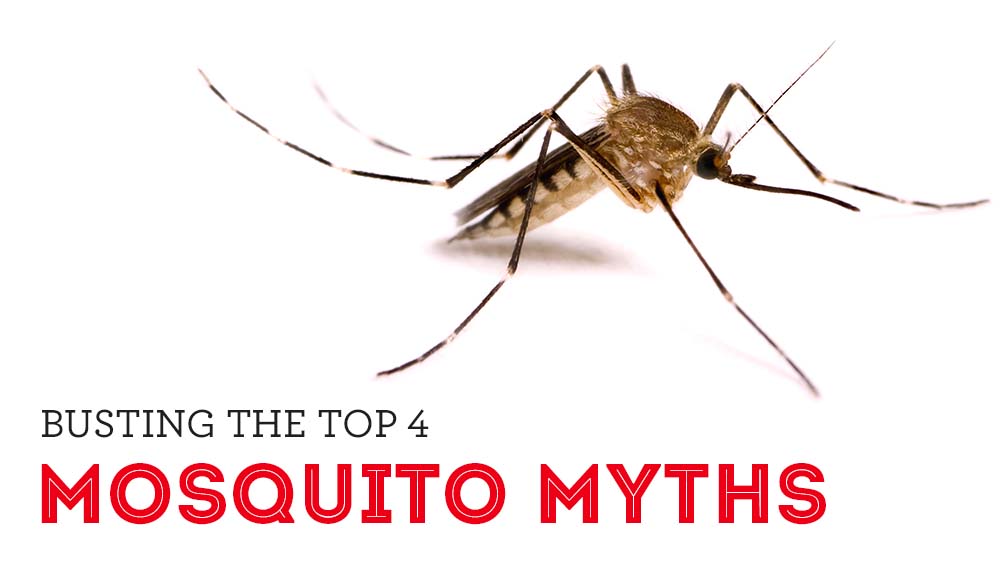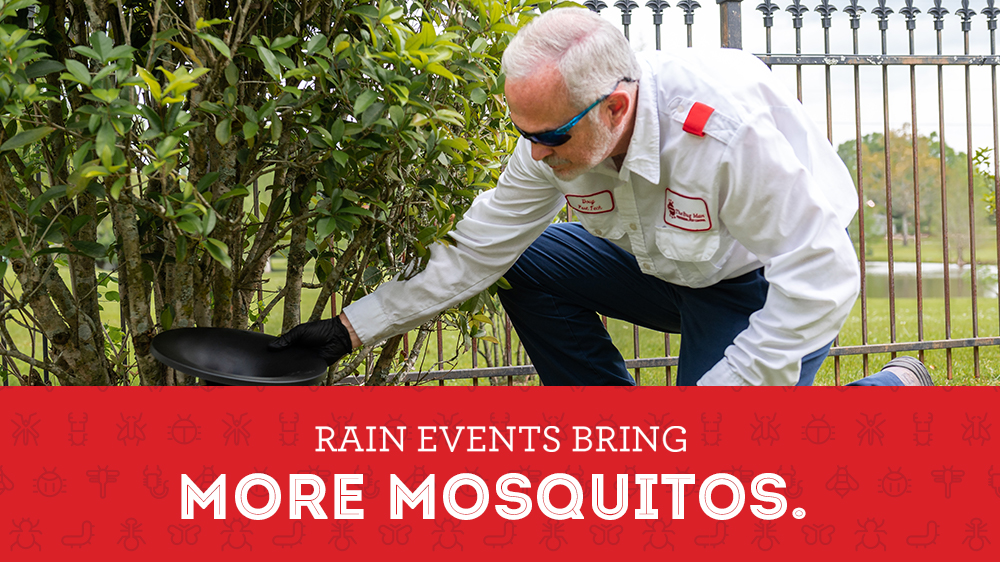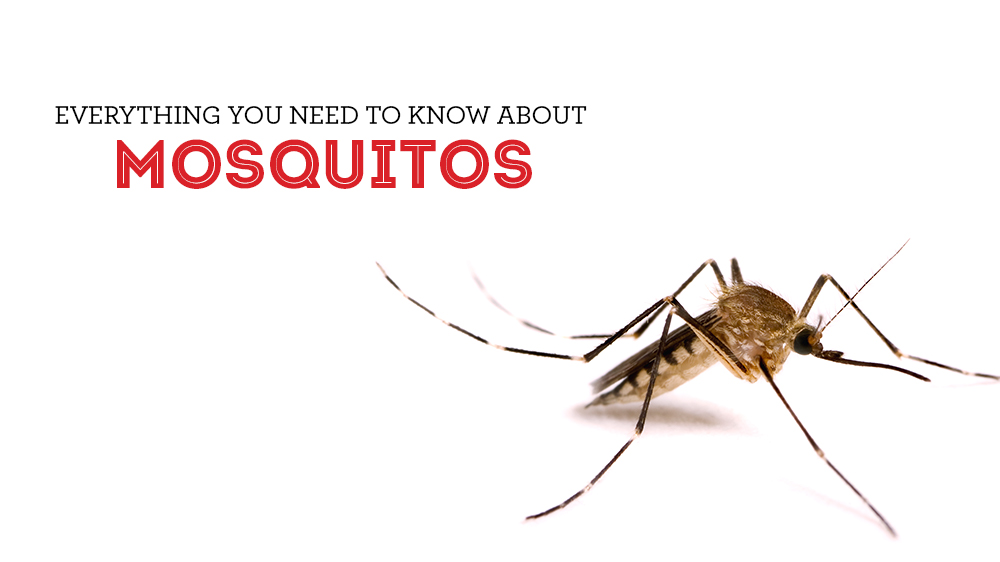
While the mosquito is no stranger to Louisianans, how well do you know these all-too-familiar fun suckers? There’s a swarm of information available on what attracts them, how to prevent them and why they behave the way that they do. But how do you decipher an old wives’ tale from actual science? Let’s break down a few of the most commonly-circulated myths about the unofficial state bird of Louisiana…
Myth #1: “Mosquitoes are more attracted to sweet blood.”
No matter your sunny disposition or the amount of sugary treats you consume, tasting “sweet” isn’t really a thing. Mosquitoes are, however, drawn to certain odors your body emits, like heat from your movement, the carbon dioxide in your breath and the lactic acid your skin secretes. In fact, scientific studies show that people with Type O blood were twice as likely to be bitten than people with Type A blood because they expel more lactic acid than others.
Myth #2: “Mosquitoes rely on blood to survive.”
Male mosquitoes couldn’t care less about blood. Females feed on it out of natural primal instinct – they only need its nutrients to produce eggs. But for humans, because most mosquitos are continuously breeding, it feels as though the vicious blood-sucking never stops. While blood is a female-exclusive feast, both male and female mosquitoes run (or fly) on nectar to fuel their everyday activities.
Myth #3: “Eating certain foods can act as a natural mosquito repellent.”
While eating a large amount of garlic may cause your date to flee in the other direction, it doesn’t do much to deter mosquitoes. Research shows that while consuming foods like onions, beans, grapefruit or peppers can potentially help to mask the natural smells your body emits, it isn’t exactly fool-proof. Experts suggest using a bug spray that contains DEET (with a concentration of 50% or less) and wearing pants and long sleeves to best protect yourself from these mini vampires.
Myth #4: “You don’t have to worry about getting a disease from mosquitoes in the U.S.”
While the risk has been greatly reduced over the years, we’re not completely out of the woods. There are over 200 types of mosquitoes in the United States, and the CDC reports about 12 of them spread germs that can cause severe illnesses, like West Nile, Zika and more. If you have recently been bitten by mosquitoes and you are experiencing fever, a rash, joint and muscle pain, headache and nausea, please seek out medical treatment as soon as possible.
Now that you have a little more insight into how these little itch-inducing pests act, there’s no time like the present to learn about how you can safeguard your property from housing them in the first place. Contact The Bug Man at (225) 923-2847 today for a tailored treatment plan, specific to your site’s needs.



